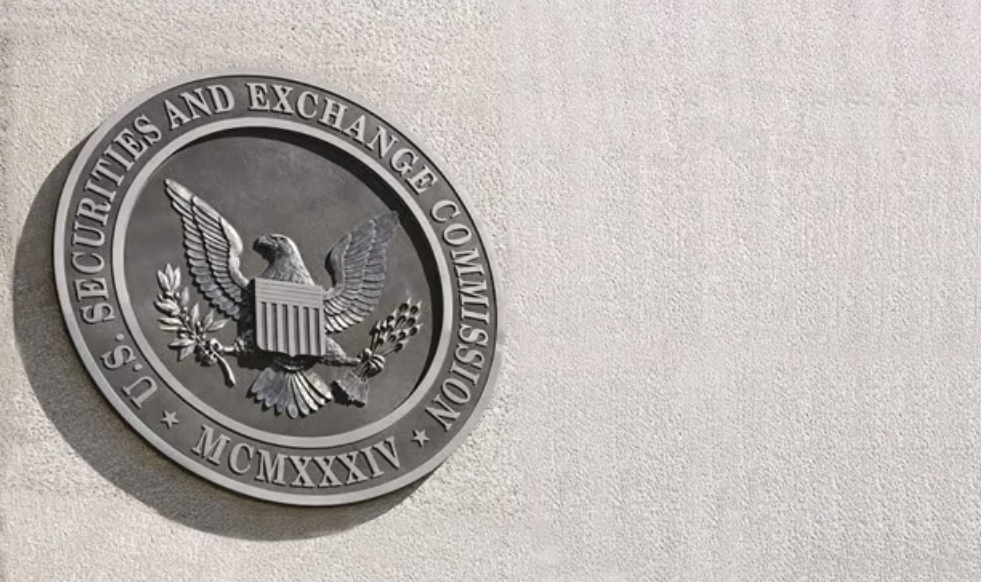

The six-year long legal battle between Commonwealth Financial Network and the Securities and Exchange Commission over the firm’s mutual fund revenue sharing practices took a sharp turn in Commonwealth’s favor this week when a federal appeals court reversed a $93 million penalty against the firm.
It’s been a tumultuous week for Commonwealth Financial Network, a leading independent broker-dealer that has for decades been regarded as an elite firm and home to advisors who generate among the highest annual revenues in the industry.
On Monday, its rival LPL Financial Holdings Inc. said it was buying Commonwealth for $2.7 billion in cash. The next day, the US Court of Appeals for the First Circuit in Boston vacated the district court's grant of summary judgment for the SEC and the disgorgement order, sending the case back to lower court for further proceedings consistent with the appeals court’s opinion.
Commonwealth and the SEC have been locked in the legal battle over revenue sharing charges for six years.
In 2019, the SEC claimed Commonwealth had breached its fiduciary duty by failing to tell its clients that they could have invested in less expensive share classes of funds.
It’s highly unusual in the securities industry for a broker-dealer to put up such resistance to a regulator like the SEC. Many senior executives fear any potential backlash from a regulator.
In this instance, Commonwealth’s unlikely strategy appears to have paid off.
The firm lost a stunning $93 million judgment last April to the SEC, which had alleged in 2019 that the firm, in its role as a registered investment advisor, from July 2014 through December 2018, failed to disclose material conflicts of interest related to certain revenue-sharing agreements with its clearing firm.
Commonwealth then appealed the federal court’s decision, and last July the company took aim at the SEC’s disgorgement figure of $63.5 million. In January, both sides presented oral arguments before the court of appeals.
The appeals court vacated the $63.5 million disgorgement award, citing “concerning, fundamental legal errors” made by the district court regarding whether the SEC proved a causal relationship between Commonwealth’s profits and alleged violations, according to a statement by Eversheds Sutherland, a law firm that represents Commonwealth Financial in the matter.
“This decision is a significant achievement for Commonwealth and the securities industry,” noted Olga Greenberg, partner, Eversheds Sutherland, in its statement.
“It highlights the importance of the materiality standard and the necessary proof of causation and damages in cases involving conflicts of interest and disclosures,” Greenburg added.

It's a showdown for the ages as wealth managers assess its impact on client portfolios.

CEO Ritik Malhotra is leveraging Savvy Wealth's Fidelity partnership in offers to Commonwealth advisors, alongside “Acquisition Relief Boxes” filled with cookies, brownies, and aspirin.

Fraud losses among Americans 60 and older surged 43 percent in 2024, led by investment schemes involving crypto and social manipulation.

The alternatives giant's new unit, led by a 17-year veteran, will tap into four areas worth an estimated $60 trillion.

"It's like a soap opera," says one senior industry executive.
RIAs face rising regulatory pressure in 2025. Forward-looking firms are responding with embedded technology, not more paperwork.
As inheritances are set to reshape client portfolios and next-gen heirs demand digital-first experiences, firms are retooling their wealth tech stacks and succession models in real time.
